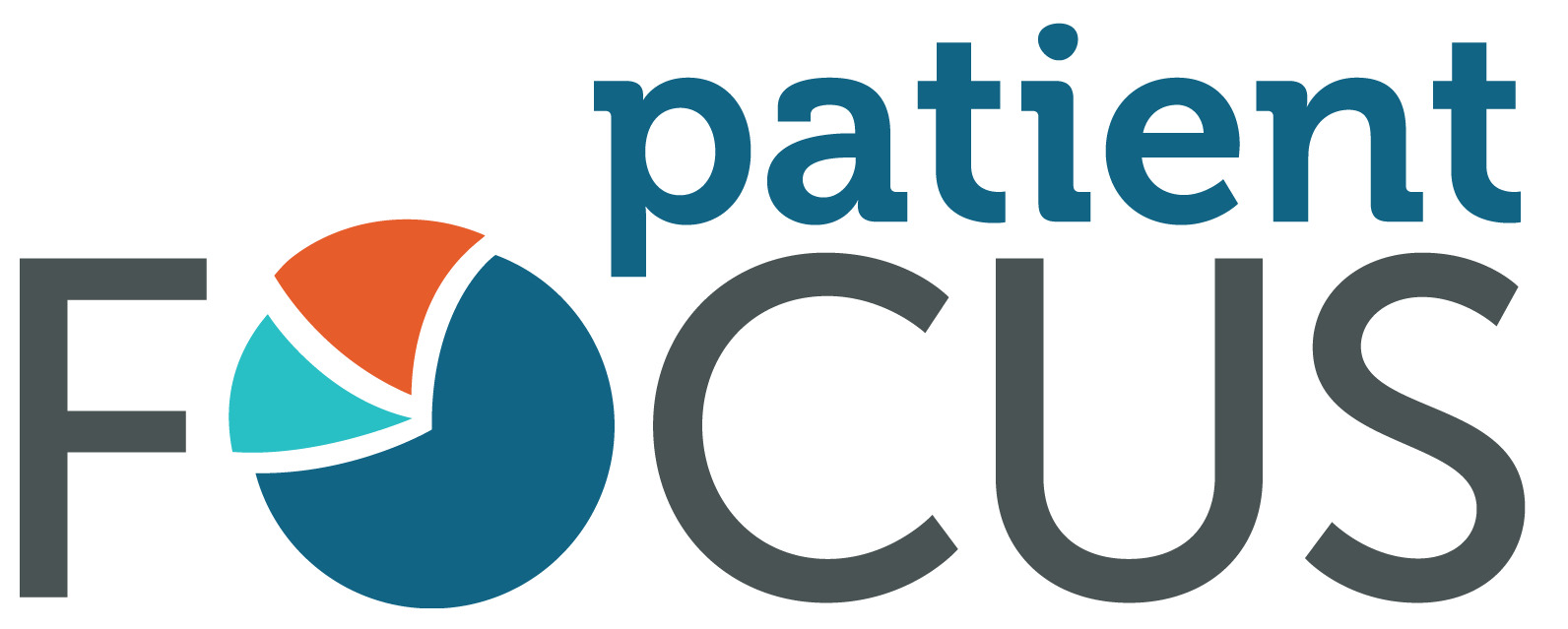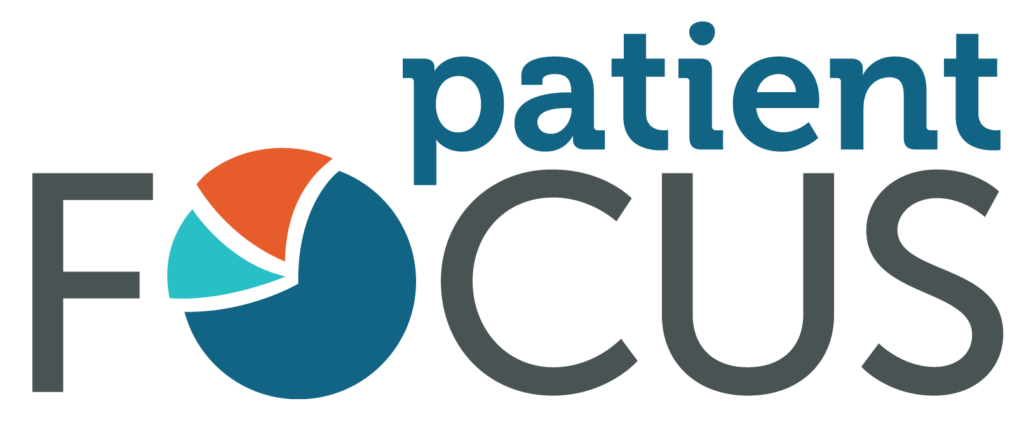At PatientFocus we partner with healthcare and oncology providers from across the U.S. to address their growing patient pay challenges. Key to that effort is our team of billing expert working directly with the patients. I sat down with Sonya Jennings, one of our Patient Account Representatives (PARs) to learn more about the impact her work has on patients every day.
Christopher: Thanks for chatting with me and sharing a little insight into your role here at PatientFocus. Why don’t we start at a high level? What exactly is it that you do?
Sonya: I’m on the PAR team, which means I’m the person reaching out to patients about their bills, or answering questions when they call in. I’m on the frontline. I’m the face of our providers and am responsible for collecting monies owed, and doing it in a way that represents the providers in the best light.
Christopher: What do you love most about the work you do?
Sonya: I love helping. I love helping people. Knowing that I’m a small part of them getting their finances and bills figured out feels good.
You know, it’s a stressful situation. It’s stressful to be sick and have a bill to pay. And sometimes they don’t even understand why they’re getting a bill. Now, they’re dealing with the bill and figuring out how they’ll pay it. How will they pay for their medicine? What will it all end up costing? Will the hospital “cut them off” if they don’t pay the amount right now?
Christopher: So how do you address all that?
Sonya: I want to make them feel ok. I want them to know that we’re going to figure it out and work it out. I want them to know that they’re talking to someone who is going to help them.
Christopher: How do you do that?
Sonya: I start with my name. It’s simple but true. I start with my name – look, my name is Sonya, and I want you to write that down. Now they have someone here they can call at any point with any question.
Christopher: That works?
Sonya: Yes . . . I mean, not always, but yes. They’re thankful. They don’t expect it.
We’re typically not the first or only people they’ve talked to or dealt with. They’ll say “you know, I talked to someone, uhm . . . I don’t remember who.” Now they have someone. They’re talking to Sonya, and I just told them we’re going to figure it out. I want them to know I care.
Most importantly I do what I say. If I say I’m going to call them back, I do. I call them back even if it’s just to give them an update. They don’t believe I’m going to call them back, but I do.
Christopher: What do they say when you actually follow through?
Sonya: I’ve been invited to dinner or they’re coming to Nashville next summer and want to take me to hear country music (laughing). I’ve been invited to a few places. They’re just happy someone did what they said they’d do.
Christopher: Do you find that most people come to the conversation defensive?
Sonya: Oh yeah, they probably have dealt with other companies that are just horrible. They’re ready! You can hear it in their voice when they say hello. I get it though, I get on the phone sometimes and I’m defensive. When I call my mobile service provider about a mistake in my bill or my service, I’m sometimes defensive. I come ready too.
Christopher: So how do you diffuse the situation?
Sonya: I just listen to them. I listen to what they have to say and try to empathize with them. They have a lot going on, I get it, so I put myself in their shoes. I try to remember how I want a rep to talk to me, and then I talk to them that way. I always try to remind myself to talk to every patient like they were my grandmother. It sounds pretty simple but it makes a difference. I take every call like it’s my grandmother.
Christopher: It does sound simple, but pretty powerful too. Once you’ve built some trust, what’s next?
Sonya: A lot of explaining. People are usually confused, which makes sense, insurance is confusing.
One thing I don’t do is say “no.” I try to use the phrase “I suggest.”
My background as a Headstart teacher taught me to never say “no” . . . you redirect. More importantly, you explain. If you tell an adult “they can’t” or “no” that’s all they’re going to hear.
Christopher: So most people are confused when they call in?
Sonya: YES! It can be confusing. Insurance is confusing and most people don’t deal with insurance every day. I do. Billing statements can be confusing as well. We work hard to make ours clear and simple, but again, they don’t know where to start. Once you break it down and take a little time to explain the charges, adjustments, and payments it starts to make sense.
I just say “everything you need to pay attention to is going to be between the blue lines. Do you see the blue lines? Let’s start there.”
Taking the extra time matters! It’s easy to repeat the charges and to tell them that’s just what you owe, but who does that help? Now they’re mad, we’re not going to get paid, and the next call is going to be even worse.
I start with “let me help, I understand how you feel, and I’m going to work through this with you. My name is Sonya, and I want you to write that down.”
Christopher: I want to talk to you if I ever have a bill. Do people ever call back and ask for you?
Sonya: Yes, I’ve had people who wouldn’t pay anyone but me. One guy would call in every week and if I wasn’t available he would just call back.
Christopher: He wrote your name down.
Sonya: He trusted me. That was my goal. He knew he had someone here. That felt good.
Christopher: So you’ve been at PatientFocus for a long time. What are a couple of things you’ve learned by being on the frontline?
Sonya: People think insurance is supposed to pay for everything. When they get insurance they think they’re done. That obviously isn’t true.
People also don’t know the difference between approved and covered, they’re not the same thing. The insurance is going to pay what they’re supposed to, but you’re expected to pay what you’re supposed to– which happens to be $3,000 you didn’t plan on. People think if it’s an approved procedure then it’s covered and that’s not necessarily the case.
People also buy insurance based on the basic coverage or prescription plan. They never think about getting cancer or a major illness…now they’re seeing specialists and getting CT scans and they did little or no research on the financial impact caused by the plan they chose. They let the insurance company or an agent lead the conversation and didn’t know what questions to ask.
Christopher: Talking to you has been awesome! I hope that if I ever have to deal with a medical bill I hear you on the other end. So, one last question for you, what do you love about working at PatientFocus?
Sonya: It’s great to work with people you really like. It truly is like a second family. It isn’t just me giving people my name and taking the time to explain over-and-over, everyone on my team does that. It comes from the top. Our CEO creates a culture that is supportive and focused on the patient. He gives us the ability to take that extra time on a call to ensure we’re truly helping people. That feels good.


